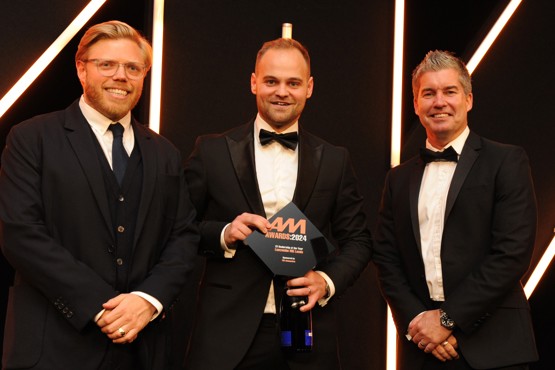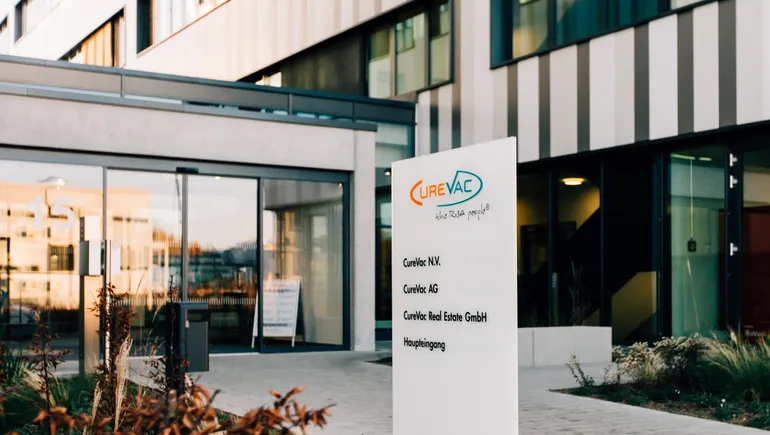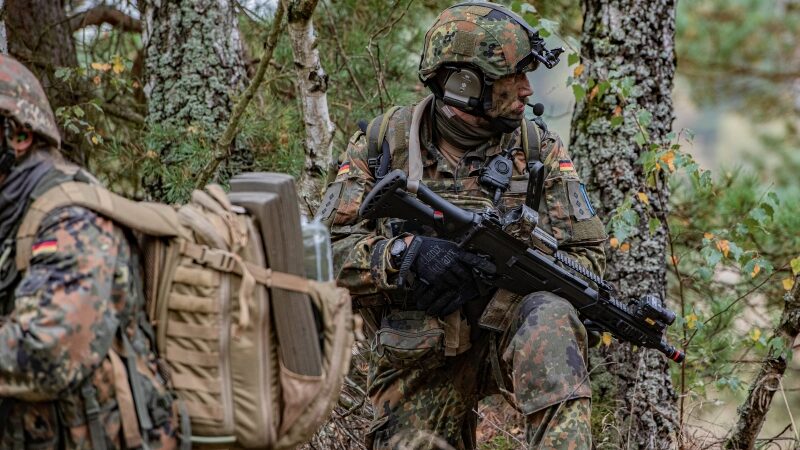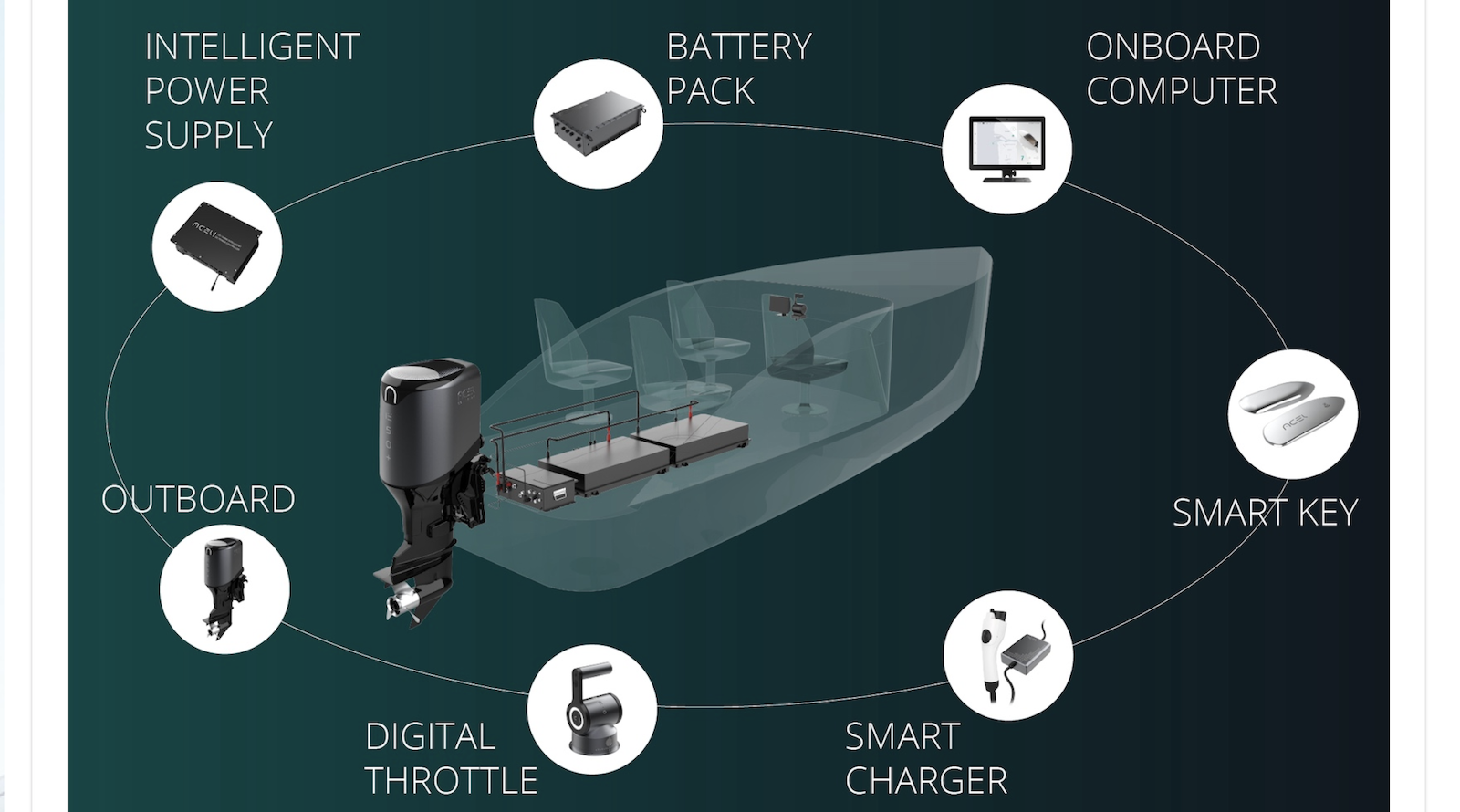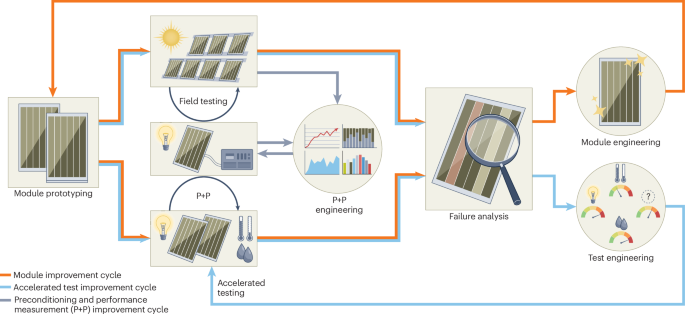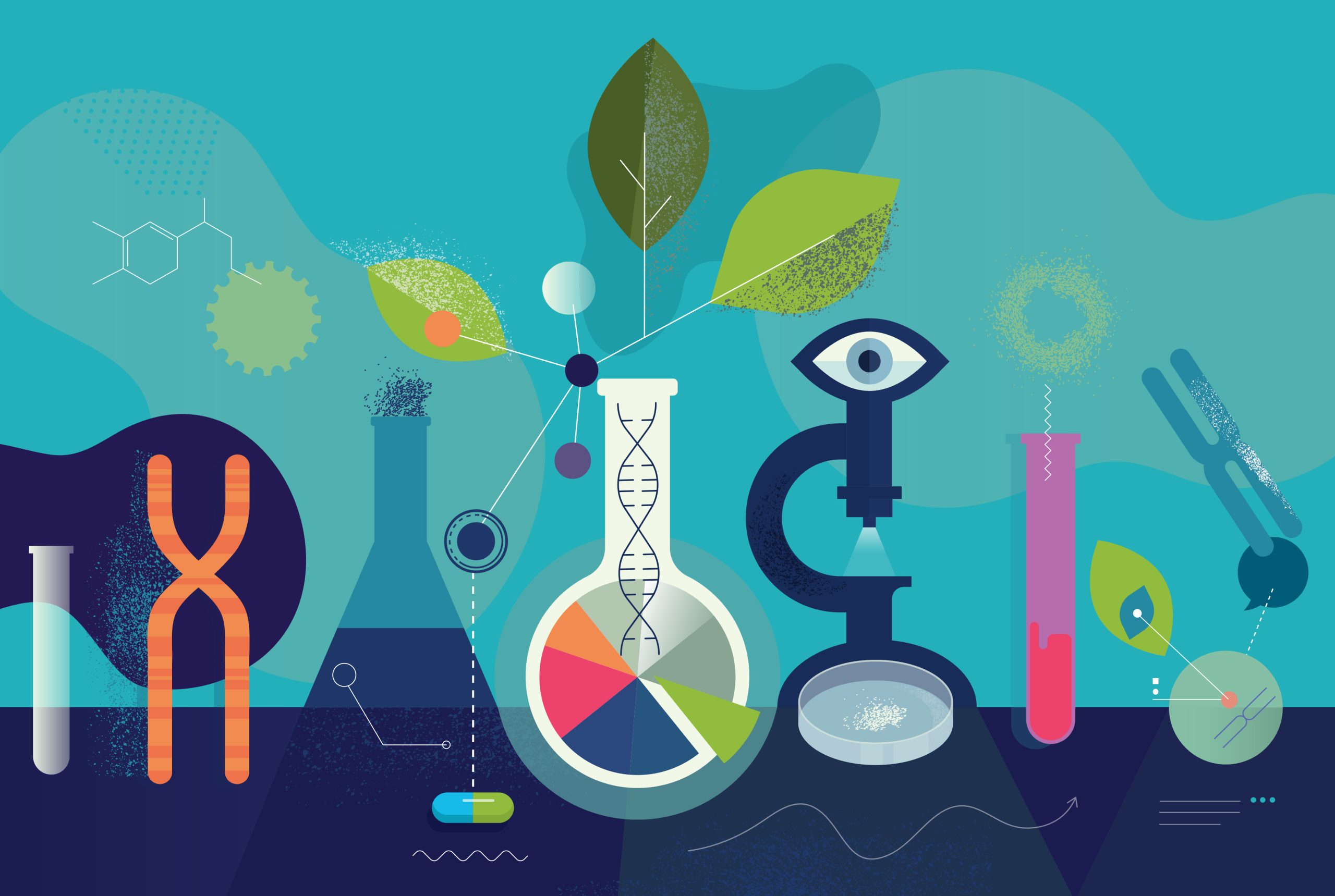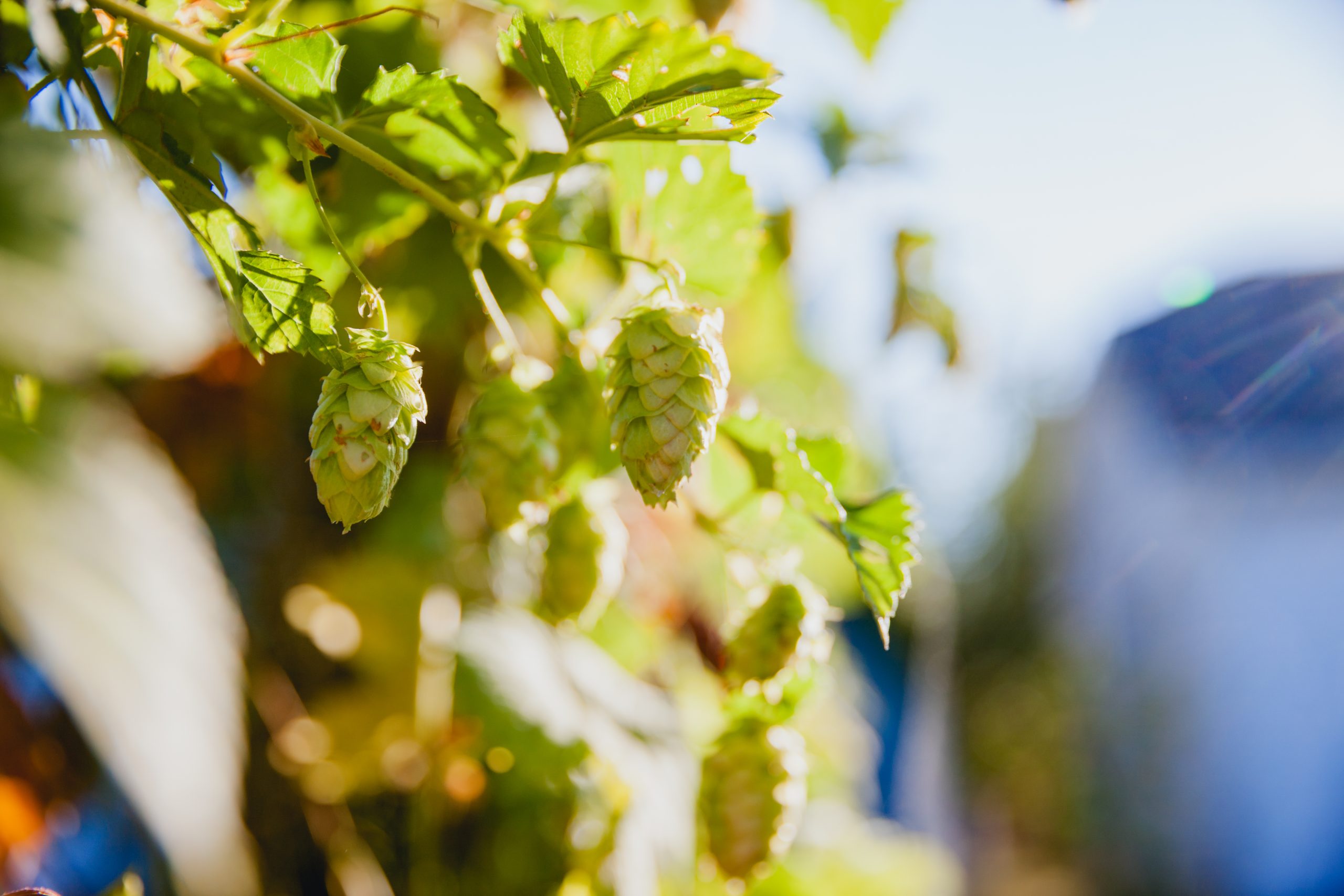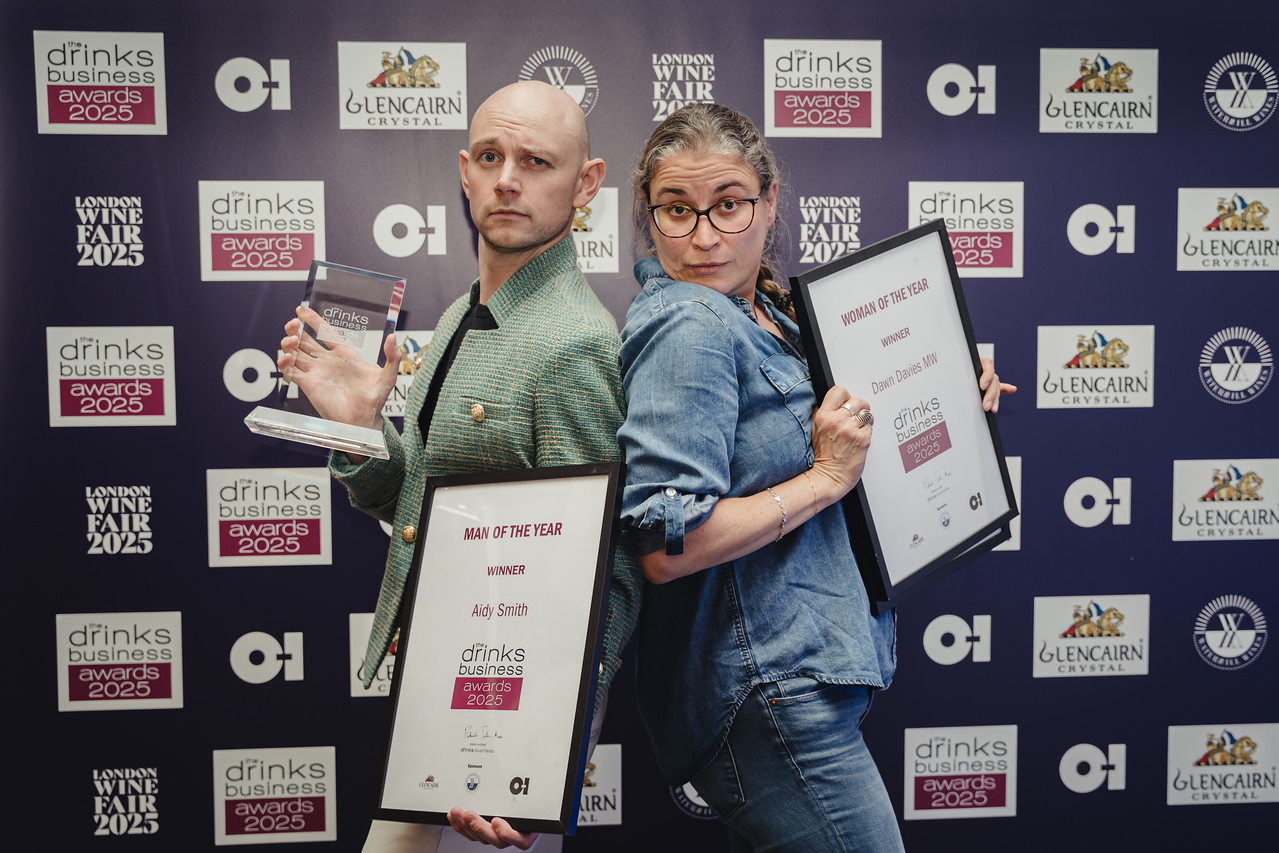UC Davis launches wines made by students
University of California, Davis has released its first-ever batch of commercially-available of wines, grown around its campus in Napa Valley.
The post UC Davis launches wines made by students appeared first on The Drinks Business.
University of California, Davis has released its first-ever batch of commercially-available of wines, grown around its campus in Napa Valley.
The wines, made by students and produced from grapes around UC Davis' Yolo County campus, are part of the Hilgard631 project. The class was divided into three, with each group tasked with the production of a red and a white wine.
Approximately 500 gallons, around 1893 litres, of wine have been bottled for sale to the public, a volume equivalent to approximately 2,500 standard 75cl bottles.
Among the Oakville AVA-designated wines produced by the VEN 127L product development class are a 2020 Cabernet Sauvignon (US$125), 2024 Sauvignon Blanc (US$50) and a 2021 Cabernet Sauvignon 'Ambrosia' (US$40). Wines in the range which are geographically-designated as being from Yolo County include a Petite Syrah (US$40), an Albariño (US$30) and a Chardonnay (US$30).
The wines are exclusively available for pickup from UC Davis' Teaching and Research Winery on 631 Hilgard Road, which is itself named after Eugene Hilgard, founder of the university's Agricultural Experiment Station. Profits from the sale of the wines will go towards funding student scholarships.
Why now?
As for why UC Davis has only just made these wines available for purchase, despite the course beginning in 2017, that is thanks to a 2021 law in California which permitted the sale of up to 20,000 gallons (75,700l) of Department of Viticulture and Enology wines produced by the Department of Viticulture and Enology to a nonprofit that would look after sales to the public. Before this point, wines produced by students were not permitted to be sold.
Course founder Professor David Block commented: "The wines are made by students who are still learning and getting to try out things they may not have done before. It’s a new aspect of the programme. It’s more sustainable than pouring it down the drain."
Part of the thinking is that this now means that the course includes an aspect on wine sales, as well as the teaching of viticulture and winemaking.
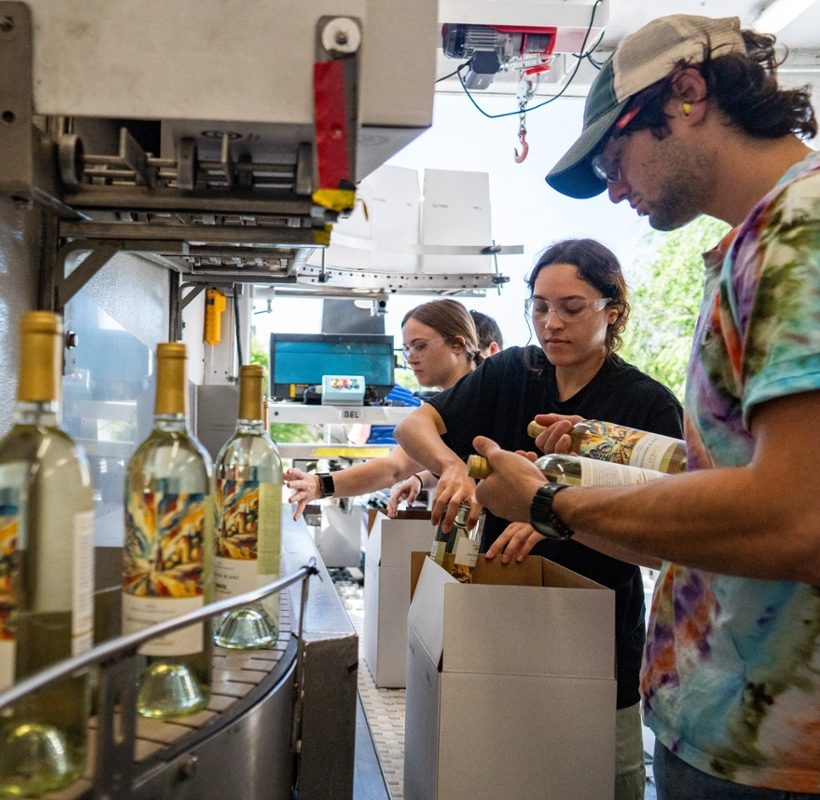
























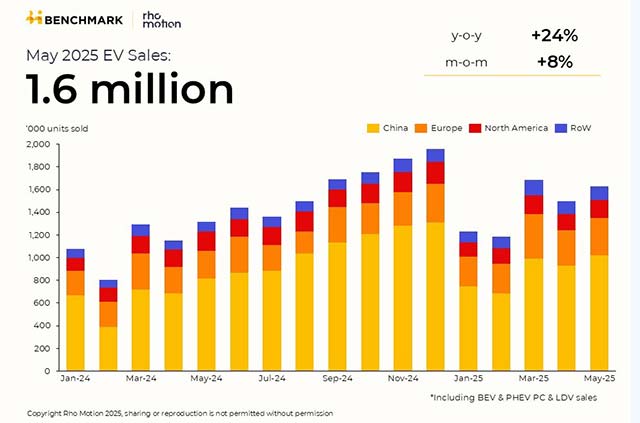

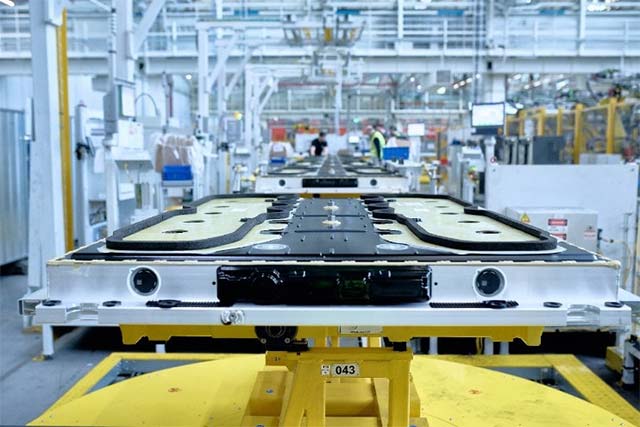
![Air India Boeing 787 Crashes Just After Takeoff, Killing Over 200 People [Update]](https://www.jalopnik.com/img/gallery/air-india-boeing-787-crashes-just-after-takeoff-killing-over-200-people-update/l-intro-1749822284.jpg?#)

